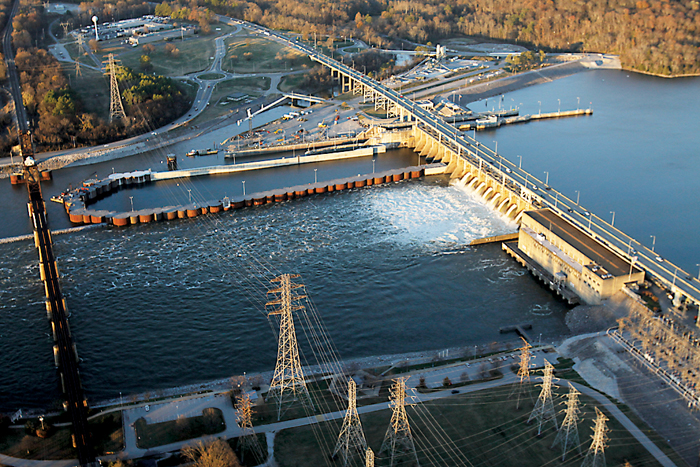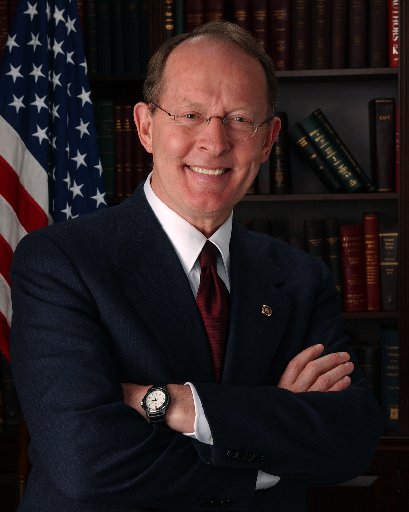Republicans in Congress are usually wary about encouraging the president to raise taxes, but Republican Senate Caucus Chairman Lamar Alexander of Tennessee last week urged the administration to find a new funding source to revive work on the stalled Chickamauga lock.
During a confirmation hearing on the nominee to head the U.S. Army Corps of Engineers, Alexander said the Corps needs to make the completion of the new lock at the Chickamauga Dam in Chattanooga a priority in the near future.
The Obama administration rejected a plan last year from the barge industry to raise its fuel taxes in exchange for taxpayers absorbing a bigger share of the costs of dam and lock repairs and construction.
Currently, locks like the new and bigger one being built at the Chickamauga Dam are equally funded by federal appropriations and tax collections paid by barge operators into the Inland Waterway Trust Fund. But with barge tax revenues down in the recession and the costs of completing just the Olsted Dam and Lock on the Ohio River rising to nearly $3 billion, there is no money in the Inland Waterway fund to sustain work at the Chickamauga lock.
Nearly $200 million has been spent toward the new Chickamauga lock, which is now projected to cost $634 million to complete, according to project manager Wayne Huddleston. Work stalled last fall when stimulus funding ran out for the project and the White House budget for next year has no additional money to resume work on the new Chickamauga lock.
To maintain the existing lock, the Corps is spending more than $3 million a year on "aggressive maintenance," including extra anchors in the lock wall.
Alexander said the existing lock is crumbling and in danger of shutting down, which would close off river navigation and recreation on the upper third of the Tennessee River system.
"It will have to close in a few years if it's not fixed, and nothing's happening there," Alexander said. "Why is that not on the priority list and why did the Corps walk away from a proposal by industry to raise fees on itself to put enough in the Inland Waterway Trust Fund to be able to move ahead with a very needed project like the Chickamauga lock?" Alexander asked during a Senate hearing last week.
Lt. Gen. Thomas Bostick, nominated to be the chief of engineers and commanding general for the U.S. Army Corps of Engineers, pledged to work with the Congress on crtical inland waterway projects. Bostick didn't address any changes in the funding formula needed to restore work on the Chickamauga lock but he acknowledged "the need for the Corps to reach maximum efficiency and effectiveness with contrained resources."
"Our nation's continued economic prosperity depends on these vital infrastructure investments," Bostick said.
Contact Dave Flessner at dflessner@timesfreepress.com or at 757-6340

